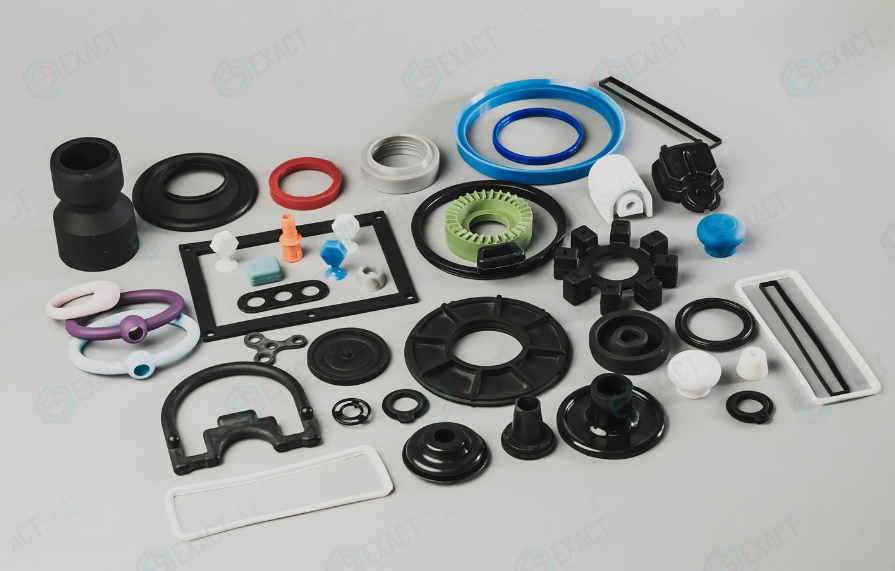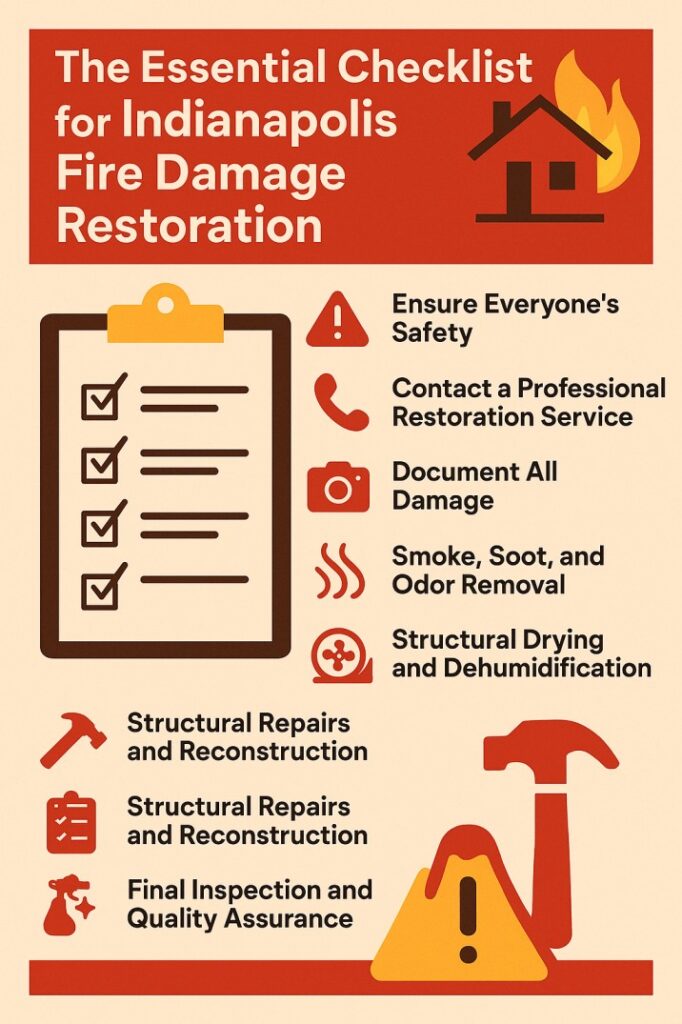Molded rubber products are essential components across a vast range of industries, providing custom solutions for sealing, cushioning, insulating, and protecting parts and systems. From automotive and aerospace to medical devices and industrial machinery, molded rubber parts play a crucial role in ensuring performance, safety, and reliability.
What Are Molded Rubber Products?
Molded rubber products are items manufactured by shaping rubber into specific forms using molds. These items can be solid or hollow and are typically created using one of several molding processes:
-
Compression Molding: Rubber is placed in a heated mold cavity and compressed to fill the shape.
-
Injection Molding: Rubber is heated and injected into a mold under pressure, ideal for high-volume production.
-
Transfer Molding: Rubber is placed in a chamber and forced into a mold cavity through pressure.
Each method is selected based on the product’s design complexity, material requirements, and production volume.
Common Types of Molded Rubber Products
-
Seals and Gaskets: Used to prevent leaks and contamination in engines, pumps, and piping systems.
-
Bushings and Mounts: Reduce vibration and noise in machinery and vehicles.
-
O-Rings: Provide airtight and fluid-tight seals in mechanical systems.
-
Bellows and Boots: Protect moving parts from dust, dirt, and moisture.
-
Custom Molded Components: Tailored for unique applications in medical, electronics, or aerospace equipment.
Benefits of Molded Rubber Products
-
Flexibility and Resilience: Rubber can endure dynamic stresses, making it ideal for sealing and shock absorption.
-
Chemical and Temperature Resistance: Specialized rubber compounds can resist oils, solvents, extreme temperatures, and weathering.
-
Customizability: Products can be tailored in terms of size, hardness (durometer), color, and material composition to meet exact specifications.
-
Cost-Efficiency: Rubber molding supports mass production, reducing costs over large volumes.
Applications Across Industries
-
Automotive: Engine mounts, weather-stripping, and vibration dampeners.
-
Aerospace: High-performance seals and insulation components for aircraft systems.
-
Healthcare: Rubber stoppers, syringe components, and flexible tubing.
-
Electronics: Keypad covers, grommets, and insulators.
-
Construction: Expansion joints, pipe seals, and protective bumpers.
Material Choices
The performance of molded rubber products depends heavily on the material selected. Common types include:
-
EPDM: Excellent for weather and ozone resistance.
-
Nitrile (NBR): Ideal for oil and fuel resistance.
-
Silicone: Known for flexibility at extreme temperatures and use in food-grade applications.
-
Viton® (FKM): High resistance to heat and aggressive chemicals.
Choosing the Right Manufacturer
When selecting a supplier for molded rubber products, consider the following:
-
Experience with Industry Standards: Especially important in automotive, aerospace, and medical sectors.
-
Customization Capabilities: From prototyping to final production.
-
Quality Control Measures: ISO certifications and in-house testing ensure product reliability.
-
Material Expertise: Ability to recommend and work with a variety of rubber compounds.
Conclusion
Molded rubber products are a quiet force behind the smooth operation of many of the devices and machines we rely on daily. Their ability to be customized, resist harsh environments, and perform consistently makes them indispensable across industries. Whether you’re designing a cutting-edge medical device or building a robust vehicle engine, molded rubber solutions provide the strength, resilience, and precision you need.









